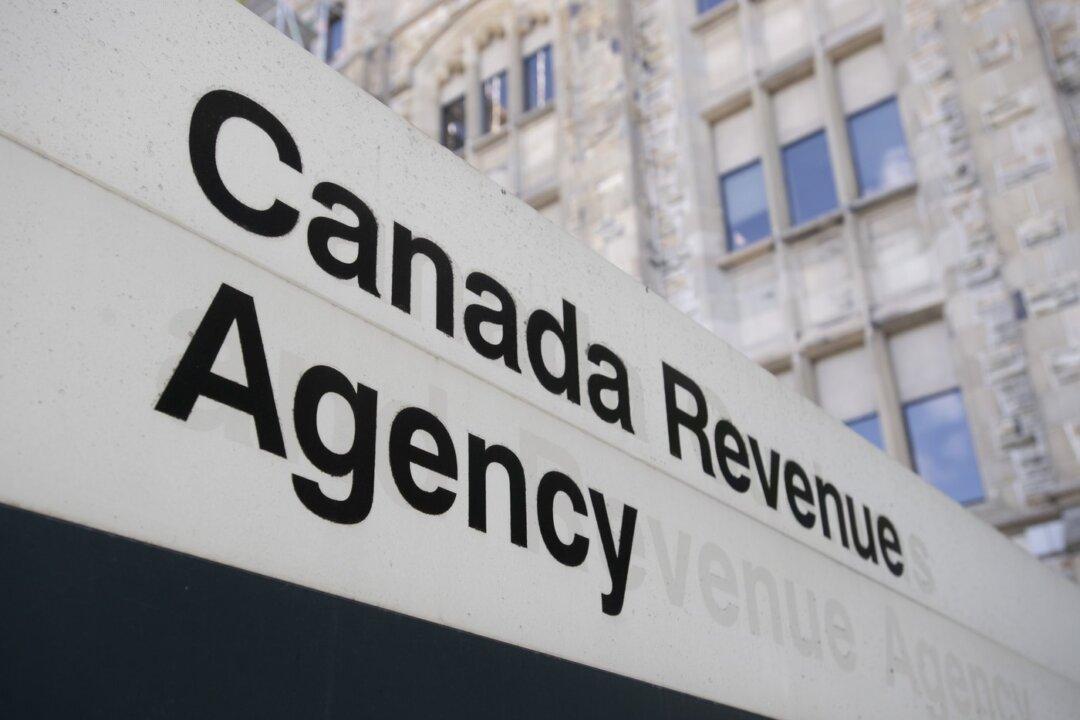The average Canadian family continues to spend more of its income on taxes than on basic necessities, according to a newly released report.
The Fraser Institute released its latest Consumer Tax Index on July 30. The index has been tracking Canada’s tax burden since 1961.





